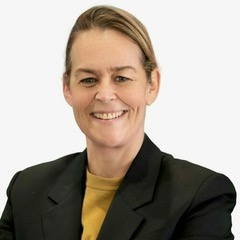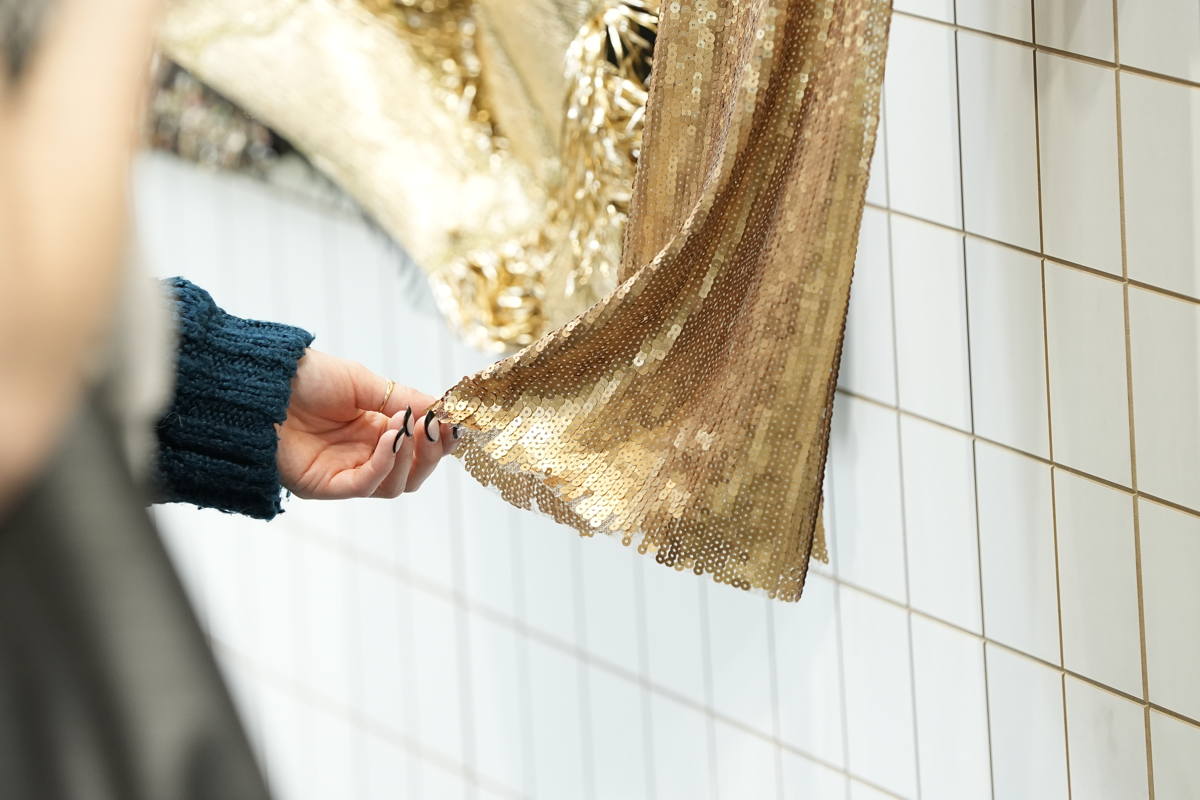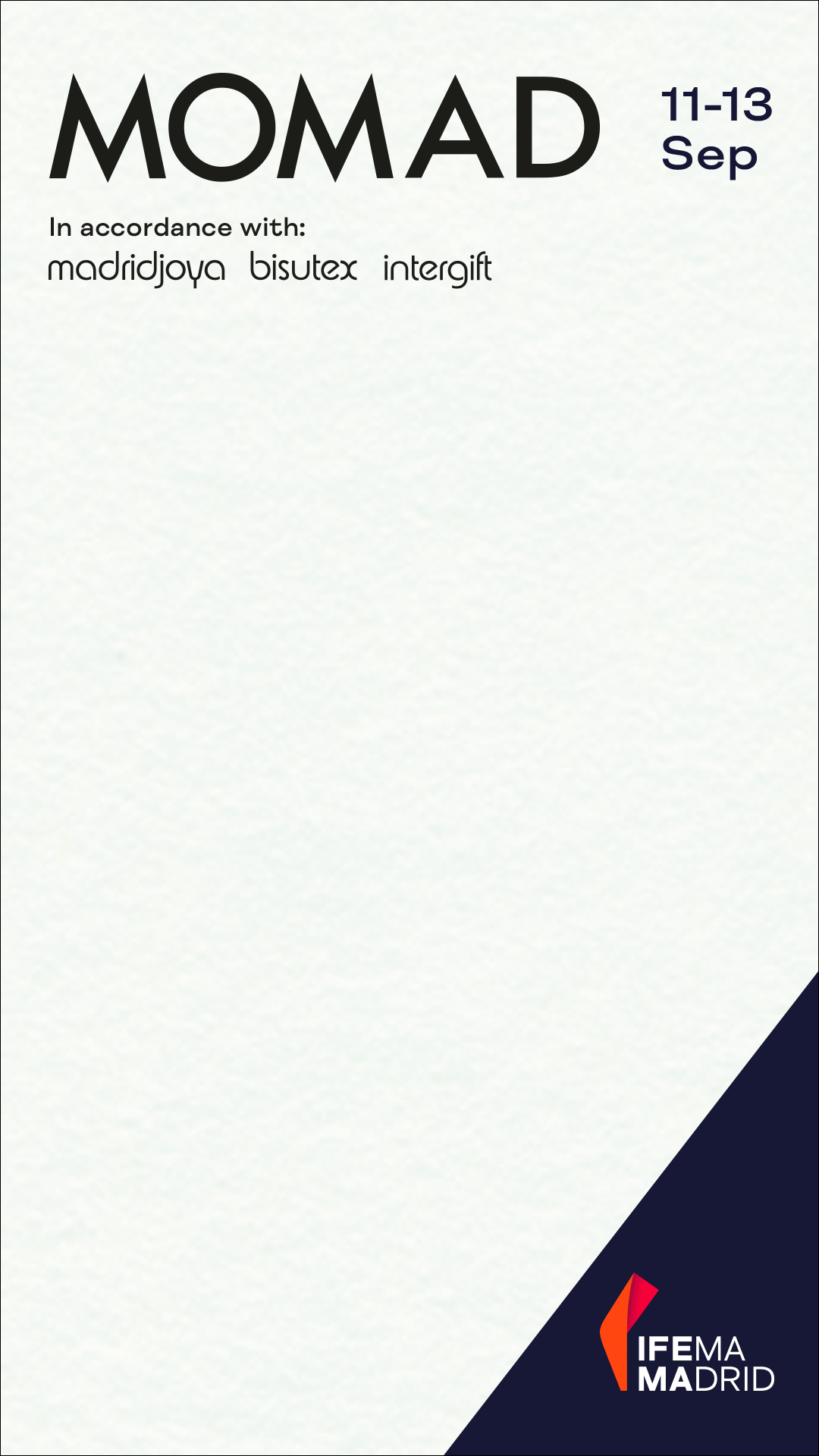
The Future Of Textile Fairs: Interview With Florence Rousson, new President of Première Vision Management Board
In an exclusive interview with Luxiders Magazine, Florence Rousson, the newly appointed President of Première Vision Management Board, shares her background, her vision for the future of Première Vision Paris, and the crucial role of sustainability in the textile industry. With over three decades of experience, Rousson brings a wealth of knowledge and a fresh perspective to one of the most influential fashion trade shows in the world.
Leading the Charge with Vision and Sustainability
Congratulations. I’m very happy that a woman is leading Première Vision Paris. Tell us a little bit about your background and your plans for Première Vision Paris.
I was born into the textile industry, so to speak, starting my career in 1988 at the French Federation de la Maille. We organized events and professional gatherings for the springwear and intimate apparel industry. I stayed with the French Federation for over 10 years before joining GL Group in 2010. This move allowed me to work in various markets, always focusing on professional events tailored to market needs. My goal has always been to build the right offer and provide the right answers for market players.
Although I’ve only been here for two months, it’s important for me to take this time to understand the market. I’ve had numerous meetings with companies to grasp their challenges and stay closely connected with the market.
My aim is to announce our plans for 2025 in September. We need to clarify the positioning of our events, not just for Première Vision Paris, but for our other shows as well. Our strategy involves creating a fashion division within GL Events, which includes 15 shows such as Denim PV, Première Vision New York, Tränoi, and Fashion Source in Asia. Each event must offer unique value, and my goal is to guide brands and companies to the events that best meet their needs.
Our three pillars for all our shows are fashion, international reach, and market knowledge. In the future, we must be more business-oriented and market-focused, addressing industry needs on a larger scale. Today, buyers must collaborate with social responsibility and production teams. We aim to broaden our offerings to give companies a comprehensive view of these terms.
“In my DNA, I thrive on collaboration and staying close to the market. While we may not always have the perfect solution, what’s crucial is to innovate, inspire, and create new approaches and proposals.”


New Ways of Making Fashion
How important is sustainability for the future of this show?
Sustainability is very important. We’ve had a bestseller program for several editions, and we plan to reinforce and expand it to include social aspects. We want to highlight companies that are genuinely committed to sustainability, not just in their products but in their entire way of working. Our goal is to lead in this area, adopting new approaches in our industry, which is the event industry.
For example, this year we’ve reduced carpet usage by 20%. It’s a significant change, and it’s crucial for us to adopt new ways of working. We aim to be proactive in sustainability, not only for the textile industry but for the global industry, focusing on key and leading events. Our offerings will evolve in this direction. Maybe not drastically by February, but with some additions. We will test new ideas and take the time to learn and improve.
We were discussing the importance of sustainability. What about the role of digital innovation in your plans?
Reinforcing our physical events is crucial. While digital innovation offers new opportunities, I believe in the importance of face-to-face interactions. Seeing the person, having one-on-one discussions, and viewing products in person are irreplaceable aspects of our industry. We plan to maintain and enhance our physical events, possibly expanding to new territories in the future.
Digital events cannot fully replace the benefits of physical gatherings. In fashion, the ability to have spontaneous discussions and key interactions is vital.
Deadstocks and craftsmanship are becoming increasingly important for responsible fashion. Premiere Vision Group was visionary on this. Do you have plans to address these areas?
I don’t have a precise answer at the moment. However, these topics provide an opportunity to strengthen our commitment to sustainability and eco-responsibility. We aim to explore how we can enhance our offerings and content in these areas. While I can’t give detailed plans now, eco-responsibility will be a major focus for us moving forward.
Looking ahead, fashion is facing a major crisis. How do you plan to address the upcoming economic challenges?
A professional show serves as a tool for the market. It’s essential for us to support the market and industry during difficult times. For instance, this year we’ve invested 2 million euros in the Hosted Guest Programme to ensure key players and buyers attend Première Vision despite the challenging period. We aim to add value and support the market even if it means a significant reduction in our turnover.
Future fairs might differ in their proposals, and exhibitors may not have a clear five-year strategy. However, in times of crisis, dedicated moments to meet, discuss, and exchange ideas are crucial. It’s like taking a deep breath in a challenging environment.
Are you considering moving the dates of the event?
This is my first July edition, and I will take the time to evaluate the feedback from this edition before making any decisions about changing the dates.
“This year we’ve reduced carpet usage by 20%. It’s a significant change, and it’s crucial for us to adopt new ways of working. We aim to be proactive in sustainability, not only for the textile industry but for the global industry, focusing on key and leading events. “


SUSTAINABILITY DEMANDS
There are three main trends I see. The first is near sourcing, with production moving back to Europe to increase speed and efficiency. We need more companies operating within Europe to support this trend. The second is the new European law coming in 2026, which will significantly impact the industry. The third is circularity, which remains crucial. How do you plan to address these trends at Première Vision?
Première Vision needs to be a place for debates. For example, this morning I welcomed the president of Euratex, who is Portuguese and newly appointed. It was important to invite him here and start a dialogue. As new policies develop, especially those that will benefit France, we aim to have public figures attend our shows. We want to create opportunities for the industry to debate and exchange ideas with European policymakers who are drafting these new regulations.
We want to move, change, and adapt the show to current times, beginning with new proposals for this year. I’m still gathering insights and feedback to ensure we work effectively for 2025, but we aim to present a new approach for all our shows in September. In 2025, sustainability will be a major topic. We need to highlight innovations and products from exhibiting companies and educate buyers about alternative sourcing options for the future. It’s essential to identify the right topics and tools to incorporate into the show. Creating and inspiring are fundamental in fashion.
The social aspect is crucial for the fashion industry, particularly as we address eco-responsibility, don’t you think so?
Indeed, the traceability of products is important, but so is focusing on the people who make these products. We will emphasize three pillars this season: eco-sustainability based on traceability, saving resources with alternative materials, and circularity. Circularity is a significant topic, starting with high-quality materials to ensure a long-lasting life for products. It’s essential to work together as a team, positioning ourselves effectively and incorporating feedback from brands and exhibitors.
To me, this July show is an opportunity to engage with key market players, understand their challenges, and reflect these realities in the show. The show mirrors the market, and it’s clear we must adapt to the same challenges everyone else faces.
“Our goal is to foster these discussions. We want Première Vision to be a hub for debates, not necessarily to find solutions but to connect people and facilitate meaningful conversations. This will be a key focus for us moving forward.”



Words:
Belvis Soler
Highlight Image:
@ Courtesy by Premiere Vision Paris 2024








